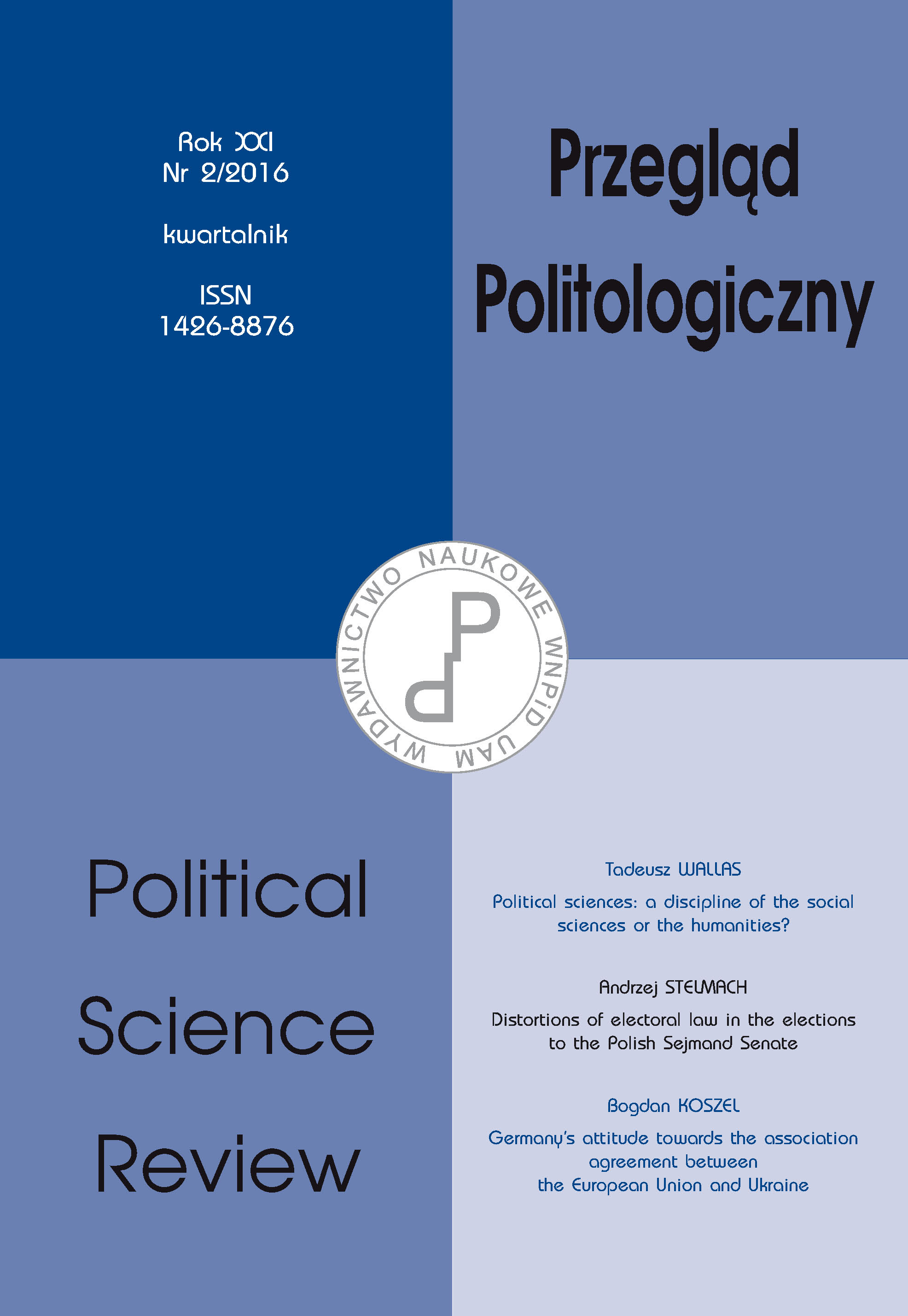The in fluence of ICT on modern democracy. Selected dilemmas of electronic democracy
The in fluence of ICT on modern democracy. Selected dilemmas of electronic democracy
Author(s): Magdalena Musiał-KargSubject(s): Politics / Political Sciences, Politics, Governance, Public Administration, Electoral systems
Published by: Uniwersytet im. Adama Mickiewicza w Poznaniu
Keywords: electronic democracy; e-democracy; ICT; e-participation
Summary/Abstract: Due to rapid development of Information and Communication Technologies in all areas of public life, the influence of ICT on democracy has been becoming over the last years an increasingly popular research subject. Application of modern technologies influences work, education, trade, services and social relations on the professional, public and private space. ICTs are also applied to facilitate (and adapt technologically) processes that occur between political institutions, political parties and politicians – and voters. ICTs are increasingly applied in providing information and communications, as well as in elections. Taking all this into consideration, one can speak about a new paradigm of democracy assisted by electronic technologies. Next to traditional democracy, electronic democracy is becoming a popular concept de ned in terms of information and communication technologies applied in order to increase citizen participation in democratic processes, both as concerns the quantity and the form of actual impact exerted by individuals on public institutions. The main objective of this study is to answer questions about the most important dilemmas related to e-democracy, and the most frequent concerns, and thereby challenges, posed by this new form of governance. These considerations are conducted in the context of the analysis of the influence of ICT on democratic principles, as well as citizen participation. The theoretical foundation for the analysis is provided by the theories by Tero Päivärinta and Øystein Sæbø, Joachim Åström, and Jan A. G. M. van Dijk. The paper is divided into several parts: the first one discusses the character of electronic democracy and its models, the second concerns the issue of ICT-assisted participation, and the third is devoted to the different dilemmas and challenges posed by electronic democracy.
Journal: Przegląd Politologiczny
- Issue Year: 2016
- Issue No: 2
- Page Range: 33-47
- Page Count: 15
- Language: English

